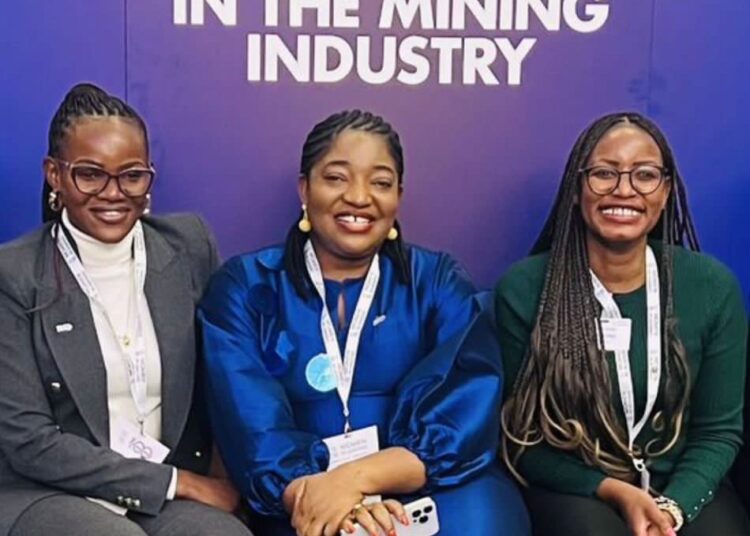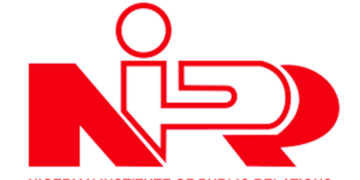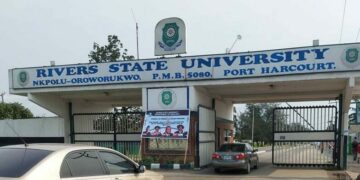In a groundbreaking continental event, Women in Mining (WiM) Africa, alongside international partners, has officially validated and endorsed the 2025–2030 WiM Africa Action Plan—a strategic framework set to transform the role of women in Africa’s mining sector from marginalisation to meaningful leadership.
The validation, which took place during a high-level virtual workshop on “Empowering Women, Safeguarding Children, Transforming Mining, Shaping the Future,” marked a major step in aligning the Action Plan with Africa’s broader development goals, including the Africa Mining Vision (AMV) and the African Continental Free Trade Area (AfCFTA).
Speaking at the event, Mrs. Mariem Mint Vadel Dah, the first lady of the Islamic Republic of Mauritania, described the gathering as “more than the validation of an action plan; it is a historic moment—when African women come together across borders to shape the future of a sector as strategic and demanding as mining.”
Highlighting her country’s strides in gender equality, she noted: “In Mauritania, women represent 30% of our government ministers—proof of clear political will. Through vocational and technical training, our women are no longer spectators—they are becoming transformation leaders,” she said.
She affirmed Mauritania’s unwavering commitment to advancing women in mining.
“From this platform, I reaffirm the support of Mauritania—its president, its government, and its people—for all initiatives that enhance the role of African women in mining and in every field of development,” she said.
In a decisive declaration, Mrs Dah officially announced: “I hereby declare the WiM-Africa Action Plan (2025–2030) as a validated, working and living document — serving as the continental framework to guide women’s empowerment, value addition, and inclusive transformation in Africa’s mining sector.”
Mrs Comfort Asokoro-Ogaji, executive director of WiM Africa and workshop convener, emphasised the scope and depth of the Action Plan.
“This plan is the result of painstaking consultations and research. It’s not just a plan—we are validating a continental movement,” she said.
Among the key initiatives is establishing a multi-mineral beneficiation laboratory in Nasarawa State, Nigeria, alongside investments in leadership and technical training, women-led cooperatives, safe mining zones, and community resilience programmes.
Ogaji also revealed the establishment of a $150 million blended financing implementation framework supported by strategic funding channels, aligned with the African Union Agenda 2063.
“The time has now come for action to translate the plan into meaningful impacts for women across the continent,” she said.
She also announced a significant new partnership with Women in Mining Business (WiMBIZ) South Africa, which aims to strengthen advocacy and inclusion in mining host communities.
“Our work with WiMBIZ SA is about transforming mining host communities from vulnerable spaces into hubs of dignity, safety, and opportunity—anchored in beneficiation, processing, and sustainable impact,” she said.
Other high-level speakers echoed the importance of immediate implementation and sustained momentum.
Dr Amany Asfour, president of the Africa Business Council (AfBC), called for more attention to the value addition of African minerals:
“Transforming our minerals—like gemstones—on the continent will attract the value we deserve. The private sector must champion this cause alongside our women.”
Maureen Nneka Mba, head of Afreximbank’s MANSA Digital Initiative, lauded the Action Plan as a timely catalyst for inclusion and transformation and expressed strong support from the financial sector.
As the workshop concluded, Mrs Mariem Mint Vadel Dah left participants with a clear message:
“Women’s participation is not optional; it is a developmental necessity. Africa’s renaissance will not come from its men alone or women alone. It will emerge from their shared determination and collective strength.”
With resounding support from government leaders, business councils, financial institutions, and advocacy groups across the continent, the WiM Africa Action Plan 2025–2030 now stands as a living roadmap for elevating women from survival to significance in the minerals value chain.
Key Pillars of the Action Plan include: Leadership and Technical Training for Women, Women-Led Cooperatives and Safe Mining Zones, Multi-Mineral Beneficiation Laboratory (Nasarawa, Nigeria, $150 million Blended Financing Mechanism, Strengthening Mining Host Communities, Advocacy for Women and Girls’ Rights in Extractive Zones, and Strategic Partnerships (e.g., WiMBIZ South Africa)
“We are not simply drafting a technical document. We are planting the seeds of a legacy—where African women are recognised as essential architects of progress,” Mrs Mariem Mint Vadel Dah concluded.






